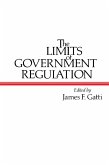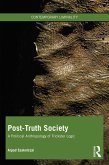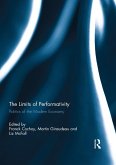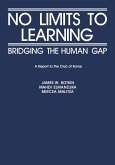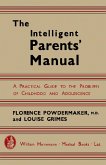Organized into 10 chapters, this book begins with an overview of population density. This text then examines the extent of damage that humans has done to the balance of nature, including the decimation of the forests, the spread of erosion, and the creation of deserts. Other chapters consider the potential danger from disease, which is greatly increased by the proliferation of humans. This book discusses as well the idea of planetary colonization. The final chapter deals with the evils of over-population in a world that had run short of space.
This book is a valuable resource for biologists, scientists, psychologists, anthropologists, and research workers.
Dieser Download kann aus rechtlichen Gründen nur mit Rechnungsadresse in A, B, BG, CY, CZ, D, DK, EW, E, FIN, F, GR, HR, H, IRL, I, LT, L, LR, M, NL, PL, P, R, S, SLO, SK ausgeliefert werden.



